As I take my seat at the SISta Story Slam, an event that Jaron and I were invited to MC, a girl in the fourth grade who goes by Heaven (not her real name), walks to the front of the room. She tells her story, in her own words, about her experiences at the two schools she has attended in the last two years. One was an F school and is now closed. The other, her current school, is an A school. She is charming and bright, so in describing how she wants to be friends with everyone, and become a lawyer one day, I’m smiling from ear to ear. However, her story quickly begins to highlight issues she has had in school. Heaven is African-American and the students at the school she attends are primarily white. She describes being unfairly disciplined and actually being completely skipped over for testing into the advanced “gifted” program. The only person who can administer the test in her school literally closed the test while Heaven was taking it. Heaven is clearly working through what race means both in her life and in society overall, but so clearly doesn’t want race to be something that sets her apart.
Hearing Heaven’s story, and the three other brave girls who shared their experiences in school during the SISta Story Slam had a profound impact on me.
These girls, by sharing their stories, helped me understand my own privilege in a new way.
There were also a handful of adults who shared their stories at this event, as well as encouragement for the young girls. However, there was an undercurrent in some of their encouragement: “you will always need to show strength. Be stronger and smarter than anyone else. That’s how you’ll succeed.” These were messages that I never heard growing up. It opened my eyes in a big way to the differing messages told to children of different races. As a white male, I never heard that I needed to be smarter than anyone else, because I was the “anyone” they were referring to. I see now the small, subtle assumptions that others made about me influenced how I was treated by authority figures and gatekeepers in school. It took hearing the stories of these girls, for whom these advantages are not made as readily available, to come to this realization. When I was in elementary and middle school, the question of “am I being treated unfairly because of the color of my skin” was something that never once crossed my mind. These girls described having to grapple with that question on a regular basis. This should not be. We need to change.
But how do we change?
We listen.
When we listen to each other’s stories, we get to see what life is like in someone else’s shoes. We get to see the ways our experiences effect our worldview. We also learn that in the most important ways, we are all truly the same. When we come face-to-face with that fact, we cannot leave the experience unchanged.
If we want change on a macro scale, we have to start at the micro level. We have to invest in each other. We have to really listen to each other’s stories. That’s how we grow as people and as a community.
I now realize that my privilege didn’t only help me succeed but may have actually created a barrier for some of my peers growing up. Knowing this, I now realize that there are things I can do to help in the future. I can use my skills to make a difference. You can too. For me, that means using my skills to help mentor youth, teaching them about storytelling and personal goal setting. For you, that may look completely different. But ultimately, it all starts by listening to each other’s stories.


